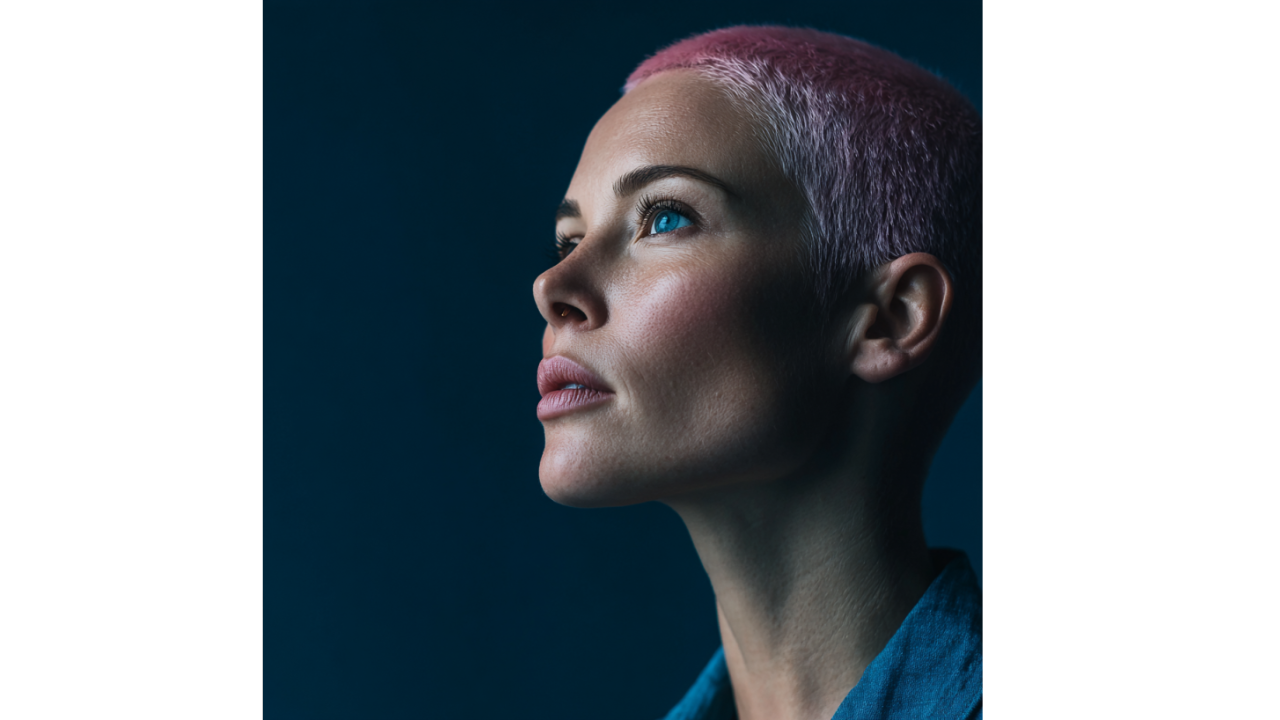Autistic Entrepreneurs as Brand Ambassadors
The prevailing wisdom in personal branding tells entrepreneurs to be everywhere: speaking at conferences, hosting networking events, appearing on...
4 min read
 Neurodivergence Writing Team
:
Nov 3, 2025 8:00:03 AM
Neurodivergence Writing Team
:
Nov 3, 2025 8:00:03 AM

The traditional playbook for marketing consulting services reads like a neurotypical social performance guide: network relentlessly, master small talk, sell yourself before your ideas, build rapport through casual conversation. For autistic consultants with deep expertise and proven track records, this approach isn't just uncomfortable—it's fundamentally misaligned with the very cognitive strengths that make them exceptional at their work.
Here's the reality that service marketing advice rarely acknowledges: expertise-based positioning isn't just an alternative approach for autistic consultants. It's often a superior strategy that attracts higher-quality clients, commands better rates, and creates sustainable businesses without requiring you to perform a neurotypical version of yourself.
Autistic individuals often demonstrate intense focus, systematic thinking, pattern recognition, and deep subject matter expertise—exactly the qualities that define exceptional consultants. Yet traditional marketing advice tells you to lead with personality, connection, and relationship-building rather than the expertise that actually drives client results.
This is backward. Your capacity for deep focus and systematic analysis isn't something to downplay while you master the "soft skills" of marketing. It's your primary market differentiator in an industry crowded with generalists who prioritize likability over depth.
Expertise-based positioning means building your entire marketing approach around demonstrating what you know and how you think, not how well you perform social rituals. This aligns naturally with autistic communication preferences: direct, detailed, evidence-based, and focused on substance over style. You're not adapting yourself to marketing—you're building marketing that works with how you naturally operate.
The most effective expertise-based marketing for autistic consultants often centers on detailed, systematic content that showcases your thinking process. This isn't about pumping out generic blog posts with SEO keywords. It's about creating resources that demonstrate depth of knowledge in ways that generalist consultants simply can't match.
Technical documentation, detailed frameworks, comprehensive guides, and thorough analysis pieces serve double duty: they demonstrate your expertise to potential clients while also pre-qualifying your audience. Clients who value depth and systematic thinking will be attracted to this content. Clients who want superficial charm and quick rapport will self-select out. This is a feature, not a bug.
Your content strategy should prioritize thoroughness over frequency. One exceptionally detailed piece published quarterly will build more credibility than weekly superficial posts. This matches autistic working preferences—you likely already prefer going deep on topics rather than skimming surfaces, and your marketing should reflect this strength rather than fight against it.
Case studies and project documentation are particularly powerful for expertise-based positioning. Detailed write-ups of how you approached a problem, the systems you developed, and the measurable results achieved demonstrate competence in ways that testimonials and personality-driven content can't match. Many autistic consultants naturally document their processes anyway; marketing becomes about sharing these insights rather than creating artificial content.
The most anxiety-inducing aspect of consulting for many autistic professionals is the unstructured nature of networking and business development. Expertise-based positioning allows you to systematize client acquisition in ways that reduce unpredictability and social performance requirements.
Start by developing clear, specific positioning that defines exactly who you serve and what problems you solve. Vague positioning like "I help businesses improve operations" requires extensive conversation to clarify fit. Specific positioning like "I develop inventory management systems for manufacturing companies with 50-200 employees using NetSuite" allows potential clients to self-identify without lengthy exploratory conversations.
This specificity also allows you to build structured intake processes that gather information systematically before meetings occur. Detailed questionnaires, technical assessments, and documentation review can replace the unstructured "discovery call" that neurotypical consultants use for rapport-building. You're gathering the same information, but through systematic processes rather than conversational exploration.
Your sales process can be framed as collaborative problem-solving rather than persuasion. When you lead with expertise, potential clients are looking for evidence that you can solve their specific problem, not evaluating whether they "like" you personally. This shifts conversations toward technical assessment and solution design—areas where autistic consultants often excel—and away from the social performance that creates unnecessary friction.
Expertise-based positioning supports premium pricing in ways that relationship-based marketing doesn't. When clients buy expertise, they're paying for outcomes and knowledge depth, not hours or personal connection. This allows you to price based on value delivered rather than time invested—a model that often works better for autistic consultants who may work in intense focused bursts rather than consistent daily hours.
Communicating value becomes about demonstrating expertise rather than building emotional connection. Your proposals can be detailed, systematic documents that outline your approach, methodology, and expected outcomes. This matches autistic communication preferences for thoroughness and precision while also building client confidence through specificity.
Many autistic consultants struggle with the ambiguity of "it depends" pricing conversations. Expertise-based positioning allows you to develop systematic pricing frameworks based on project scope, complexity, and deliverables. You can document your pricing logic clearly, making what feels like an uncomfortable negotiation into a transparent system that clients can understand and evaluate.
Traditional service marketing often assumes unlimited availability, constant responsiveness, and willingness to accommodate client preferences around communication and scheduling. For many autistic consultants, these expectations create unsustainable work conditions that lead to burnout regardless of financial success.
Expertise-based positioning gives you permission to set clear boundaries around how you work. When clients are buying your expertise rather than your time and availability, you can establish structured communication protocols, defined working hours, and clear project scopes without it feeling like you're being difficult or inflexible.
This might mean establishing that you respond to emails once daily at a scheduled time, conducting meetings on specific days only, or requiring written briefs before exploratory conversations. Clients who value expertise will respect these boundaries as signs of systematic working methods. Clients who need constant access and flexibility will find consultants whose working style matches their needs.
The key is framing these boundaries as part of your methodology rather than personal limitations. "I conduct client meetings on Tuesdays and Thursdays to maintain focus time for deep work on your projects" communicates the same boundary as "I can't do meetings most days" but positions it as a feature of how you deliver value rather than a restriction.
The ultimate benefit of expertise-based positioning for autistic consultants is that it allows you to build a sustainable practice without performing a neurotypical version of yourself. You don't need to master small talk, fake enthusiasm, or develop a "personal brand" built around charisma and social connection.
Your marketing becomes an extension of your actual work: systematic, thorough, evidence-based, and focused on solving specific problems for specific clients. The clients who hire you are selecting you for your cognitive strengths, not despite them. And your business development activities align with how you naturally think and communicate rather than requiring constant code-switching and social performance.
This isn't about limiting your market or accepting lower visibility. It's about building marketing systems that work with your neurology rather than against it, attracting clients who value what you actually offer, and creating a consulting practice that you can sustain long-term without burning out.
Winsome Marketing specializes in developing positioning and content strategies for consultants that align with authentic communication styles and professional strengths. Let's build a marketing approach that works with how you think, not against it.

The prevailing wisdom in personal branding tells entrepreneurs to be everywhere: speaking at conferences, hosting networking events, appearing on...

The travel industry thinks it understands autistic consumers. Quiet rooms. Soft lighting. Noise-canceling headphones.

A makeup brand partners with an autistic influencer. The campaign shows her overcoming challenges to apply lipstick. The narrative centers on her...